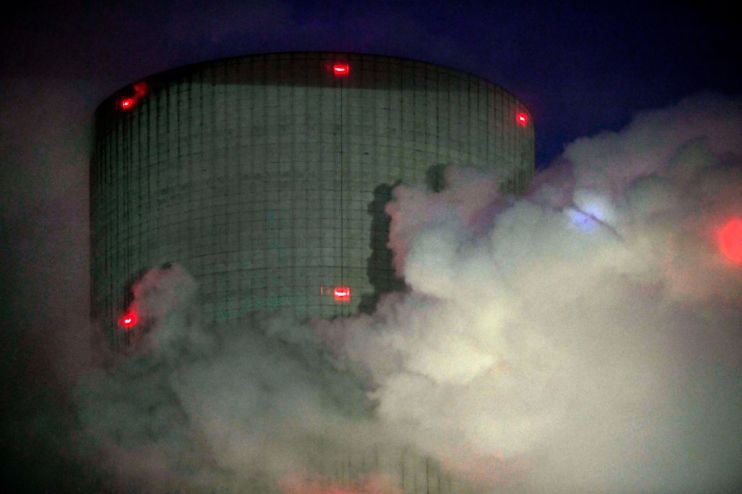Energy complaints only the tip of the iceberg

The true scale of customer dissatisfaction with the energy sector has been significantly underestimated, according to a new survey.
Research by consumer group Which said if every consumer with a grievance against their supplier complained, the number submitted would be around 6.9m.
One reason for this figure is disillusioned customers do not want to make trouble.
“Millions of energy customers are complaining about billing errors, poor customer service, or switching problems, but many more are so fed up that they don’t even think it’s worth picking up the phone — which suggests suppliers need to up their game,” Natalie Hitchins, head of homes and products services at Which said.
The survey covered 8,000 people and used data from industry regulator Ofgem.
Almost 30 per cent of those who had a complaint but didn’t make one decided not to as they thought it would make no difference.
The top reason for having a complaint was billing and payments at 57 per cent.
Sign up to City A.M.’s Midday Update newsletter, delivered to your inbox every lunchtime
In a distant second position was poor customer service at 27 per cent.
Eighteen per cent of people also said they had concerns about the process for switching supplier.
“Anyone unhappy with any aspect of their energy supplier’s complaints handling or customer service should consider shopping around – you could find a firm that better meets your needs and potentially save hundreds of pounds a year,” Hitchins noted.
In recent years debate has been intense as to the best way to give consumers lower energy bills.
Regulator Ofgem has set a price cap to ensure companies cannot charge above the underlying price of energy.
At the same time, a several challenger firms such as Bulb and Octopus have emerged to provide sustainable alternatives to the so-called Big Six.
Supporters of this approach argue greater competition is the key to giving consumers lower price options.
In 2013, then-Labour leader Ed Miliband was criticised for a proposed 20-month freeze in energy prices which critics feared could stifle investment in the industry.